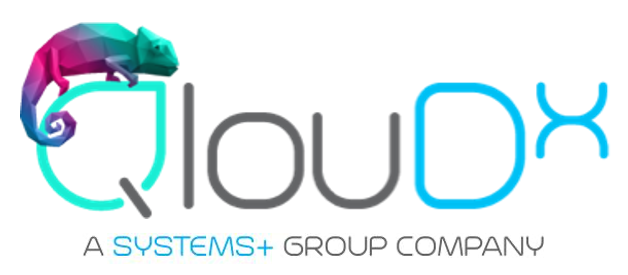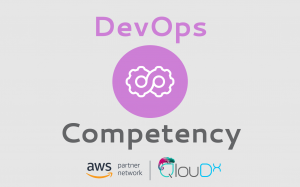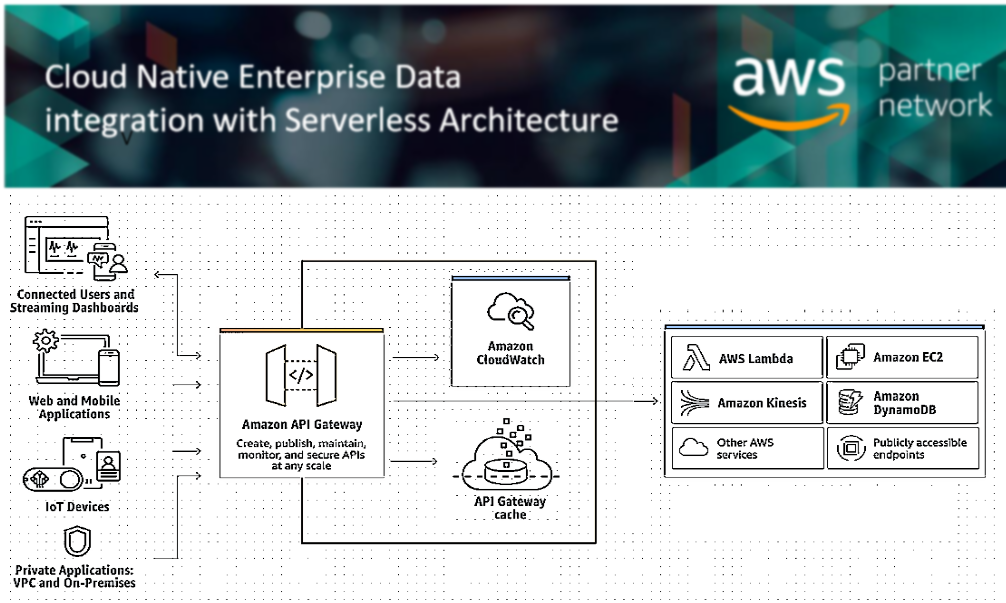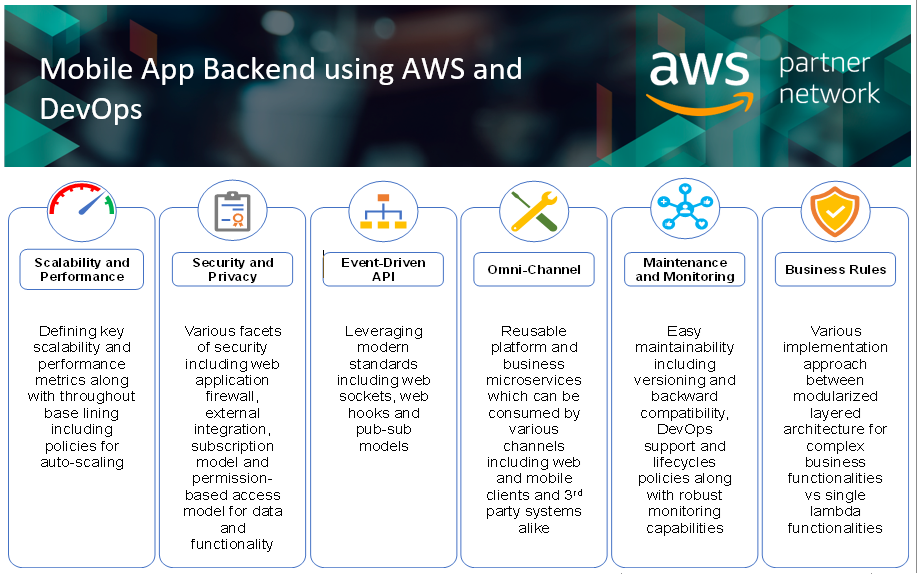- Home
- What We Do
-
-
-
OUR EXPERT AREAS
-
OTHER THINGS WE DO
-
-
- Resources
- About Us
- Careers
Introduction
DevOps is an approach that values collaboration, communication and integration between software developers and IT operations.
DevOps understands the interdependence between these roles and recognizes that software development can’t be done in silos. Rather, the development life cycle is broken down into various stages throughout where quality, speed, and control can be assured.
At its essence, DevOps is a culture, a movement, a philosophy. It’s a handshake between development and operations that emphasizes a shift in mindset, better collaboration, and tighter integration. It unites agile, continuous delivery, automation, and much more, to help development and operations teams be more efficient, innovate faster, and deliver higher value to businesses and customers.
Interest in the term “DevOps” has steadily increased over the past five years. In the same period, practitioners of DevOps methodologies have managed to redefine the standards for software delivery timelines.
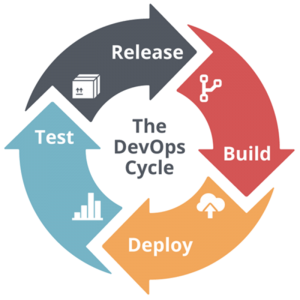
Agile evolution to DevOps
To fully appreciate DevOps principles, it helps to understand the context in which they evolved. The story begins with agile software development, which became popular over a decade ago and was seen as better approach to building software. Prior to agile, the dominant waterfall development methodology was based on a sequence starting with a requirements phase where 100% of the system under development was defined up front. This approach has shown itself to be inflexible and monolithic.
The agile model brought the concept of new and improved collaboration between business users and developers. Software development began to focus on iterations of working software that would evolve over time, delivering value along the way. Agile is a disciplined engineering process, and numerous tools now support it. For developers, such tools include IDEs, unit test frameworks, and code optimizers. As developers become more productive, the business becomes more agile and can respond to their customer requests more quickly and efficiently.
The DevOps lifecycle is all about agility and automation. Each phase in the DevOps process flow focuses on closing the loop between development and operations and driving production through continuous integration, delivery, deployment, and feedback.
The DevOps Way
By uniting development and operations teams to automate and standardize the process, you get faster innovation, accelerated time-to-market, improved deployment quality, better operational efficiency, and more time to focus on your core business goals.
The efficiency of DevOps has proven the staying power of integrating development and deployment departments. More than just a trendy way of restructuring your workflow, it’s an industry-wide standard and expectation.
If you’re not able to deliver quality software at DevOps speed and quality, your competitors will outperform you. This cements DevOps as the standard development and deployment practice for the coming years.
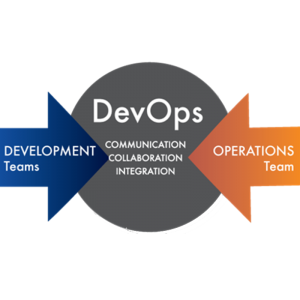
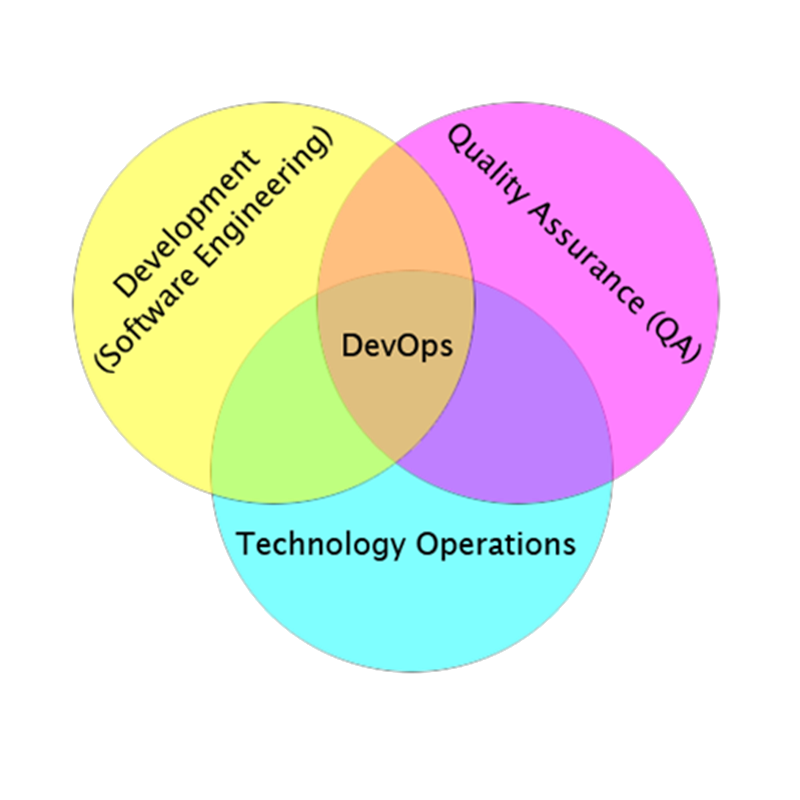
Benefits of DevOps
- Frequent deployments with a low failure rate
- Reduction in human errors
- Quickly resolved operational issues
- Increased team flexibility and agility
- Cross-skilling and self-improvement
- Collaborative working
- Automated releases
- Happier, more engaged teams 🙂
Ultimately, DevOps helps organizations produce software and IT services more rapidly by utilizing practices, tools and policies that lead to improved software quality and reduces time-to-market.
This will not only result in a more dynamic and responsive team, but it also means you can get your products in front of your customers faster and see the immediate impact on your business.
Importance of DevOps
Teams that embrace DevOps often have a rotating role whereby developers address issues caught by end users while, at the same, troubleshooting production problems. This person responds to urgent customer-reported issues, creating patches when necessary, and works through the backlog of customer-reported defects.
The “developer on support” learns a lot about how the application is used in reality. And by engaging directly with the operations team, developers build trust and mutual respect, and vice versa for operations staff when being exposed to and part of development activities.

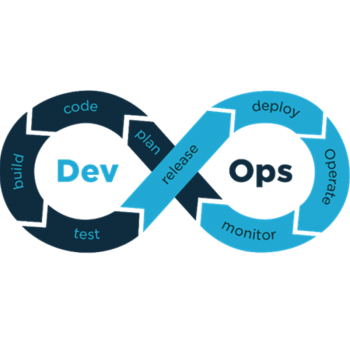
DevOps and AWS
AWS DevOps is a set of practices that automates processes between software development and operations team, powered by leading AWS services and products.
AWS cloud services support faster software development, configuration, integration and deployment, thereby supporting all major DevOps objectives.
In order to make the journey to the cloud smooth, efficient and effective, technology companies should embrace DevOps principles and practices, which are embedded at the core of the AWS platform.
One way to start is by defining your infrastructure as code using the service AWS CloudFormation. Next step could be to configure deployment pipelines for your custom applications with the help of services like AWS CodeDeploy, AWS CodePipeline, and AWS CodeCommit.
At the application level, use containers with Amazon Elastic Container Service or a platform service like AWS Elastic Beanstalk. Or, invest in serverless applications with AWS Lambda.
Finally, use the DevOps strategy of monitoring (AWS CloudWatch) and solid security practices (AWS IAM).
With AWS as your public cloud provider, your DevOps principles will bring agility to your business and IT organization and give you great value in the cloud.
QloudX and DevOps
We at QloudX are continuously developing our DevOps competencies and we extend DevOps knowledge and skills to our clients through our expertise with AWS technologies and services.
Development in the cloud is more about building applications, where you consume ready-made cloud services in your applications, instead of coding them from scratch or by using old fashioned libraries.
Coupling this rapid building of applications with DevOps/DevSecOps in a pipeline means that software can be delivered more reliably, more frequently and with less errors.
In addition to cloud native tools from public cloud providers, we also utilize third party tools that nicely compliment what is available in the cloud, for example the Atlassian suite.
Once you have seen the power of effective DevOps, it’s easy to see why it’s become a standard practice in software solution deployment.
The question is no longer “should you” implement DevOps, but “how will you do it?” Contact us and we’ll show you how to get started!
Case Studies
QloudX has designed and developed cloud infrastructure and implemented DevOps practices across. A few examples can be found below.
CASE STUDY II – Retail
iPaaS – ENTERPRISE INTEGRATION HUB
A 100-year old retail brand was required to integrate data from multiple sources such as Mobile applications, HRMS, Salesforce Demandware, Order Management System, and SAP ERP. This customer wanted to see if iPaaS solutions such as Dell Boomi fit their needs or if they could achieve similar results at a lower cost.
CASE STUDY II – Transportation and Logistics
MOBILE APP BACKEND USING AWS AND DEVOPS
One of the fastest-growing software company, in India, builds software and provides advanced technology services to their customers that add value to their business required to handle the growing data of 20 million vehicles a mobile app backend was developed, with full microservice and rule-based engine, using AWS serverless architecture with the ability to scale on-demand.
HOW TO GET STARTED

Niklas Palmqvist – Cofounder, Partner & CEO
To start your DevOps journey, contact Niklas at godigital@qloudx.com or +45 36 99 21 70.
Niklas Palmqvist is Co-Founder of QloudX and a Digital Transformation expert. In his current role, and in his previous role as a global CIO, spearheaded a multitude of digital transformation initiatives for businesses around the globe and across industries. He has worked as an evangelist to promote and orchestrate DevOps culture and solutions across organizations. For more details, check his full bio.
